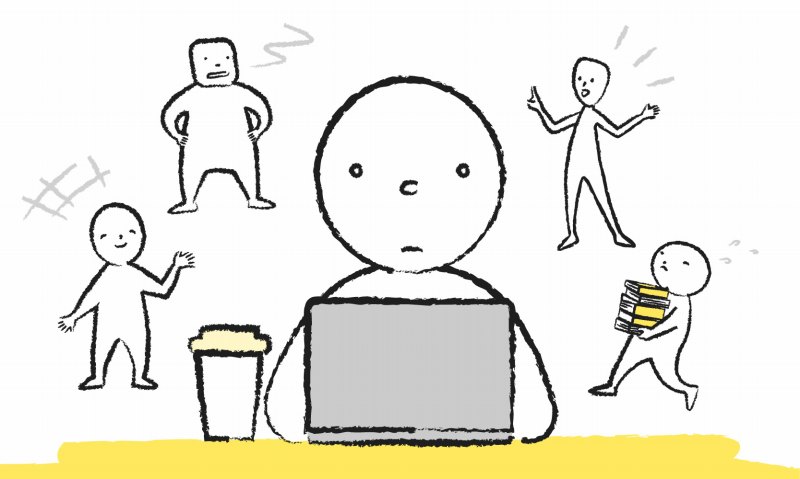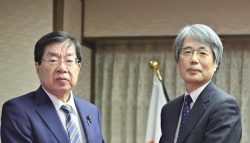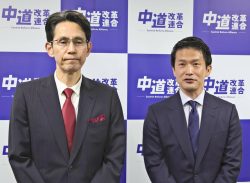
11:00 JST, May 19, 2024
Dear Troubleshooter:
I’m a male physician in my 50s. I work in the pediatrics department of a major public hospital in a remote area. At night, patients are brought to my hospital by ambulance from dozens of kilometers away.
On the night shift, we take turns covering emergency outpatients and inpatients. Sometimes I cannot go home for several days, but I find it rewarding to see patients recover and smile.
Work style reforms were applied to physicians in the spring, resulting in much stricter restrictions on overtime work. With our current staffing, we will not be able to place anyone on night duty shortly.
To comply with the law, we must stay at home and go to the hospital when called. Some colleagues are so concerned about patient safety that they wonder if they can pretend to be at home while staying at the hospital.
The reforms are intended to prevent overwork, but I’m concerned that if something unfortunate happens, it could lead to having regrets later, and I might no longer find the job rewarding.
T, location withheld
Dear Mr. T:
I take off my hat to your high aspirations for pediatric care. We can receive high-quality medical care anywhere in Japan thanks to the dedication of doctors like you.
Meanwhile, the purpose of the work style reforms is to review the long working hours of practicing physicians as well as maintain their physical and mental health. Considering the sustainability of medical care, I hope you will change your perspective here.
When any reform is first introduced, there is often confusion on the front line. Given your age, I suppose you are in a leadership position. Please talk to your colleagues and subordinates, and take the initiative to have the reforms take root.
Maintain your health and stay involved in medical care for as long as possible. This will ultimately benefit patients.
Under the current work style reforms, different rules have been set for doctors than for workers in other fields. In consideration of the urgency and importance of medical care, these special rules relate to the maximum amount of overtime doctors can work and the cap on their on-call duty hours when medical institutions are closed.
On top of that, you should stop looking for loopholes in the regulations.
I think your patients will sense whether the doctors who treat them are tired or not. I believe that they would want to see you in a healthy state, both mentally and physically.
Yoko Sanuki, lawyer
Top Articles in Features
-

Sapporo Snow Festival Opens with 210 Snow and Ice Sculptures at 3 Venues in Hokkaido, Features Huge Dogu
-

Pangasius Catfish Increasingly Featured on Japanese Restaurant Menus, Home Dining Tables Due to Affordability, Mild Flavor
-

Tourists Flock to Ice Dome Lodge at Resort in Hokkaido, Japan; Facility Invites Visitors to Sleep on Beds Made of Ice
-

Venison from Culled Deer Made into Prepackaged Curry in Mie Pref. City, Creator Hopes to Inspire Young People to Hunt
-

Maltese Pavilion’s Famous Ftira Bread Now Available in Osaka; Loaves Became Popular during 2025 Osaka-Kansai Expo
JN ACCESS RANKING
-

Japan Institute to Use Domestic Commercial Optical Lattice Clock to Set Japan Standard Time
-

Israeli Ambassador to Japan Speaks about Japan’s Role in the Reconstruction of Gaza
-

Man Infected with Measles May Have Come in Contact with Many People in Tokyo, Went to Store, Restaurant Around When Symptoms Emerged
-

China Eyes Rare Earth Foothold in Malaysia to Maintain Dominance, Counter Japan, U.S.
-

Australian Woman Dies After Mishap on Ski Lift in Nagano Prefecture

























